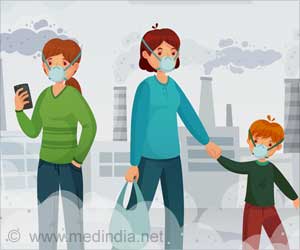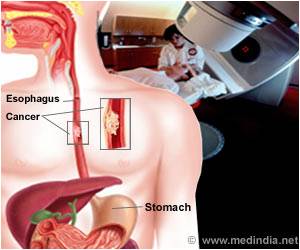High levels of air pollutants, especially fine particulate matter (PM2.5) and to a lesser extent, ozone, may be linked to a heightened risk of developing mouth cancer.

To find out if air pollutants might have a role in the development of mouth cancer, the researchers mined national cancer, health, insurance, and air quality databases. They drew on average levels of air pollutants (sulphur dioxide, carbon monoxide, ozone, nitrogen monoxide, nitrogen dioxide, and varying sizes of fine particulate matter), measured in 2009 at 66 air quality monitoring stations across Taiwan.
In 2012-13, they checked the health records of 482,659 men aged 40 and older who had attended preventive health services, and had provided information on smoking/betel quid chewing. Diagnoses of mouth cancer were then linked to local area readings for air pollutants taken in 2009.
In 2012-13, 1617 cases of mouth cancer were diagnosed among the men. Unsurprisingly, smoking and frequent betel quid chewing were significantly associated with heightened risk of a diagnosis. But so too were high levels of PM2.5. After taking account of potentially influential factors, increasing levels of PM2.5 were associated with an increasing risk of mouth cancer. When compared with levels below 26.74 ug/m3, those above 40.37 ug/ m3 were associated with a 43 per cent heightened risk of a mouth cancer diagnosis.
A significant association was also observed for ozone levels below 28.69-30.97 parts per billion. This is an observational study, and as such, can't establish cause. And there are certain caveats to consider, say the researchers. These include the lack of data on how much PM2.5 enters the mouth, or on long term exposure to this pollutant.
But some of the components of PM2.5 include heavy metals, as well as compounds such as polycyclic aromatic hydrocarbons-known cancer causing agents-they say.
Advertisement
"This study, with a large sample size, is the first to associate oral cancer with PM2.5...These findings add to the growing evidence on the adverse effects of PM2.5 on human health," they conclude.















